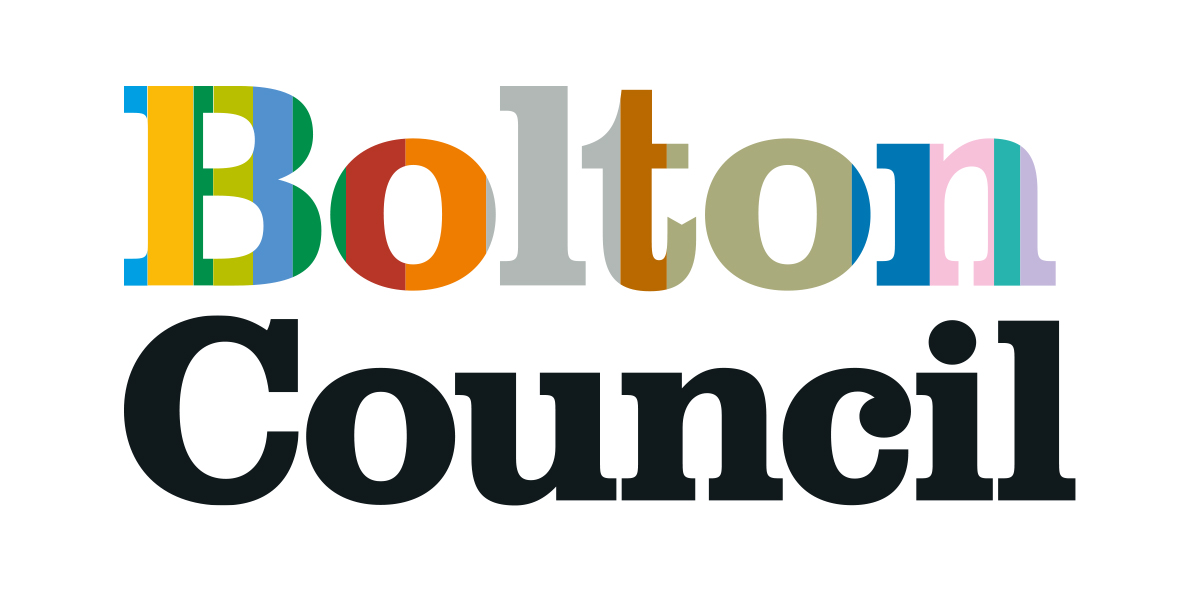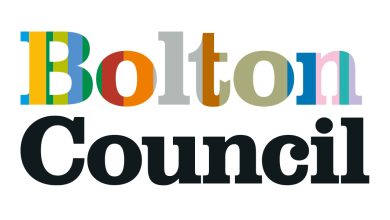Local council seeks opinions on roads, railways, buses, and bicycles

A newly devised transport strategy in Bolton aims to create a top-notch, secure, accessible, and reasonably priced transport system that instills confidence in people of all ages and abilities.
The strategy prioritises connecting various modes of transportation into a cohesive network. Rail proposals include electrifying the route to Wigan and enhancing capacity and frequency of services, including direct services to London in the early morning and late evening.
Buses are set to see improved services to hospitals, health facilities, and retail parks, as well as safer and more accessible bus stops for disabled individuals. Walking and cycling routes in town centres, public rights of way improvements, and safer routes to the university are also on the agenda.
Road priorities include better maintenance, enhanced safety measures, protection of parking in district centres, and reduced congestion through improved traffic signal technology. Plans for the future also involve increasing the number of electric vehicle charging points, particularly in areas with limited off-street parking.
Given that transport is the largest source of greenhouse gas emissions in Bolton, responsible for over a third of emissions, the plan also aims to reduce its impact on climate change. Bolton’s transport plans align with Greater Manchester Combined Authority’s Vision Zero strategy, which aims to eliminate traffic fatalities and serious injuries by 2040.
Funding for transport in Bolton is separate from council budgets and council tax, with support from the central government. Council Member for Transport, Housing, and Highways, Cllr Hamid Khurram, emphasised the importance of an efficient transport system in making Bolton a desirable place to live, work, visit, and study.
A public consultation on the transport strategy is open until Friday, March 26, accessible through the council website.

